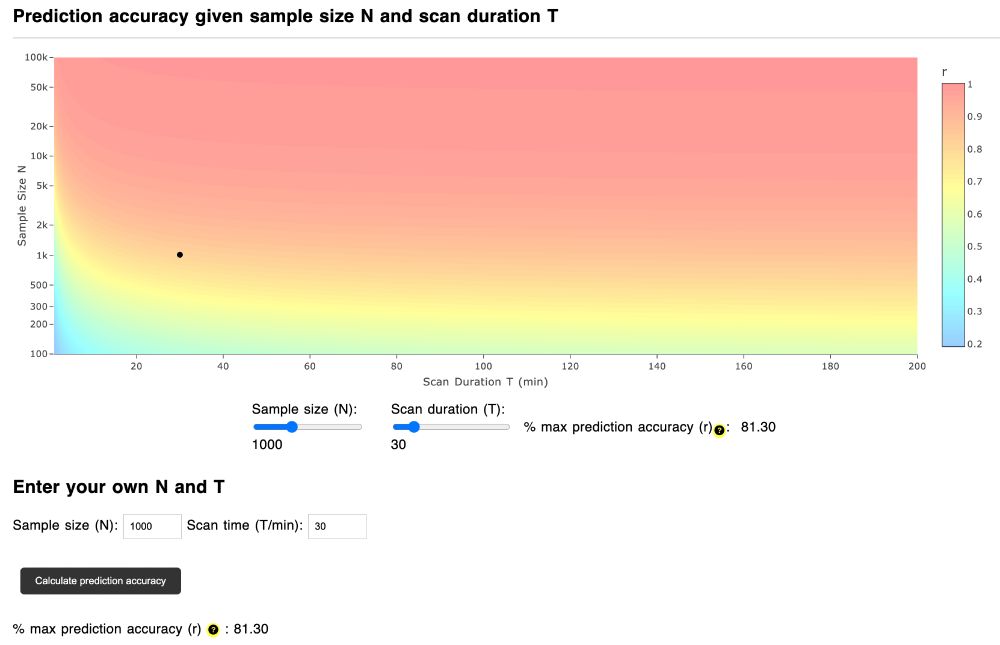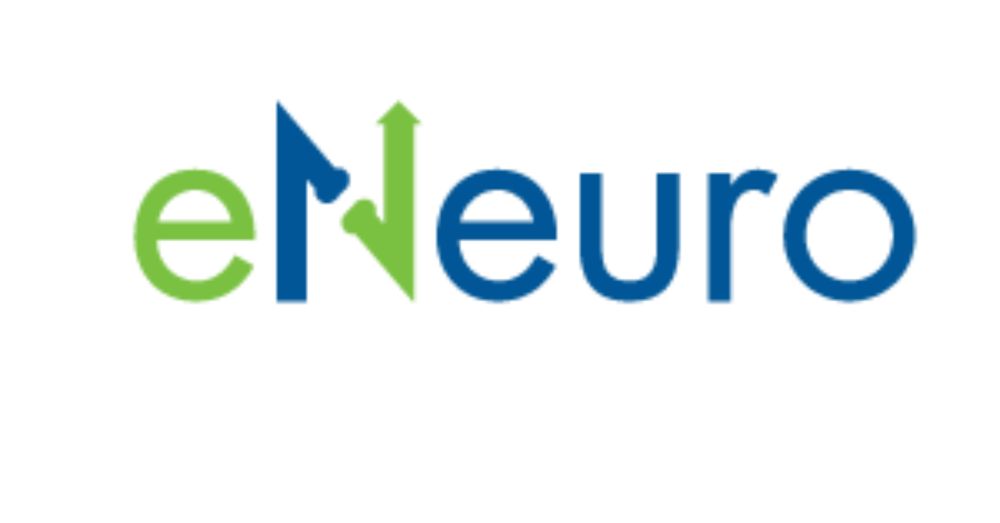
isrw.bio.uci.edu
isrw.bio.uci.edu
& Ariane Boulet describe their work using dance, music, and technology to hold people in relationship when communication channels are restricted: open.substack.com/pub/becketto...

& Ariane Boulet describe their work using dance, music, and technology to hold people in relationship when communication channels are restricted: open.substack.com/pub/becketto...
"theoretical framework to analyse individual variability in biological and artificial systems that perform flexible decision-making tasks"
Looks like must read!
www.nature.com/articles/s41...
#neuroscience

"theoretical framework to analyse individual variability in biological and artificial systems that perform flexible decision-making tasks"
Looks like must read!
www.nature.com/articles/s41...
#neuroscience

The first new feature is that users can explore how different N & T leads to different accuracy, e.g., N=1000 & T=30min => 81% max accuracy. 🧵

The first new feature is that users can explore how different N & T leads to different accuracy, e.g., N=1000 & T=30min => 81% max accuracy. 🧵
[Bonus: the figure in the paper suggests that the "newer" (and nicer) building is where my lab is. 😀]

[Bonus: the figure in the paper suggests that the "newer" (and nicer) building is where my lab is. 😀]




This is a complete rewrite to base the validator on the declarative BIDS schema. Most importantly, this validator boasts long-awaited support for BIDS Derivative datasets.
bids-standard.github.io/bids-validat...
#BIDS #BrainImagingDataStructure
This is a complete rewrite to base the validator on the declarative BIDS schema. Most importantly, this validator boasts long-awaited support for BIDS Derivative datasets.
bids-standard.github.io/bids-validat...
#BIDS #BrainImagingDataStructure





